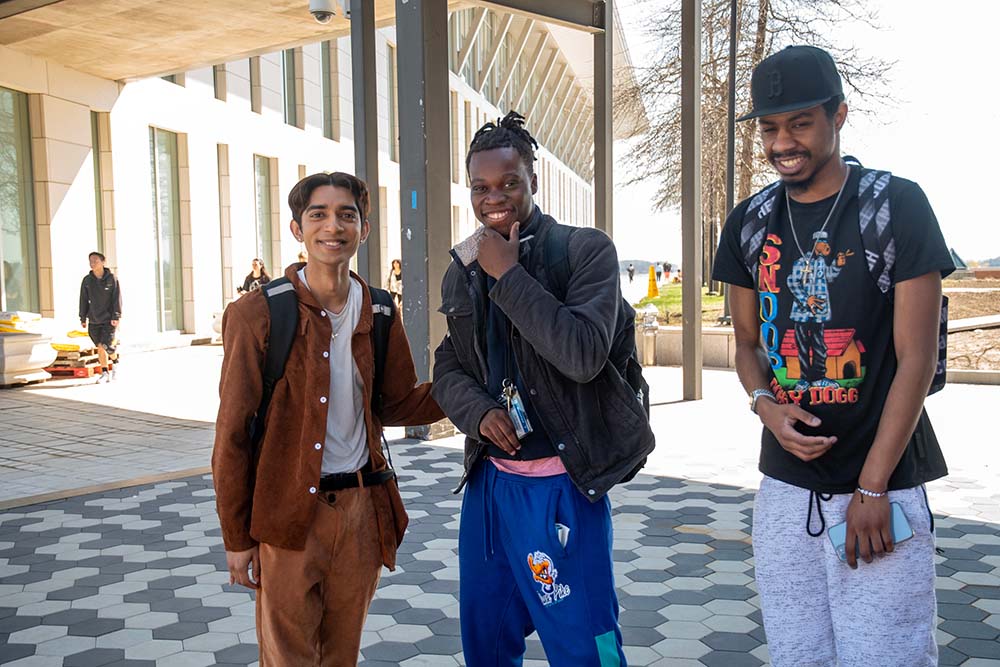
College-Based Transition Services
College-Based Transition Services (CBTS) offer students with intellectual disabilities the opportunity to access college courses, internships, employment, and campus life beginning in their final 2–3 years of secondary education. Establishing CBTS requires a strong commitment from both K–12 school systems and their college partners.
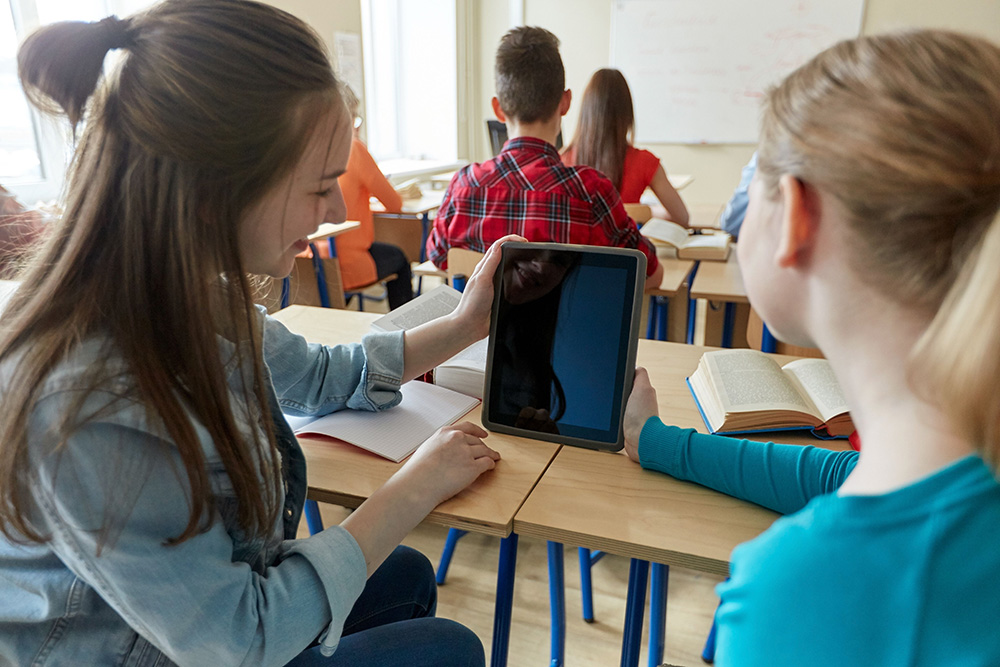
Inclusive Academic Strategies
Inclusive Academic Strategies use Universal Design for Learning (UDL), instructional design principles, and emerging technologies to create flexible, accessible, and engaging learning experiences. These strategies empower students to develop academic, career, and self-determination skills by integrating artificial intelligence (AI), alternative assessments, career exploration, and personalized learning plans.
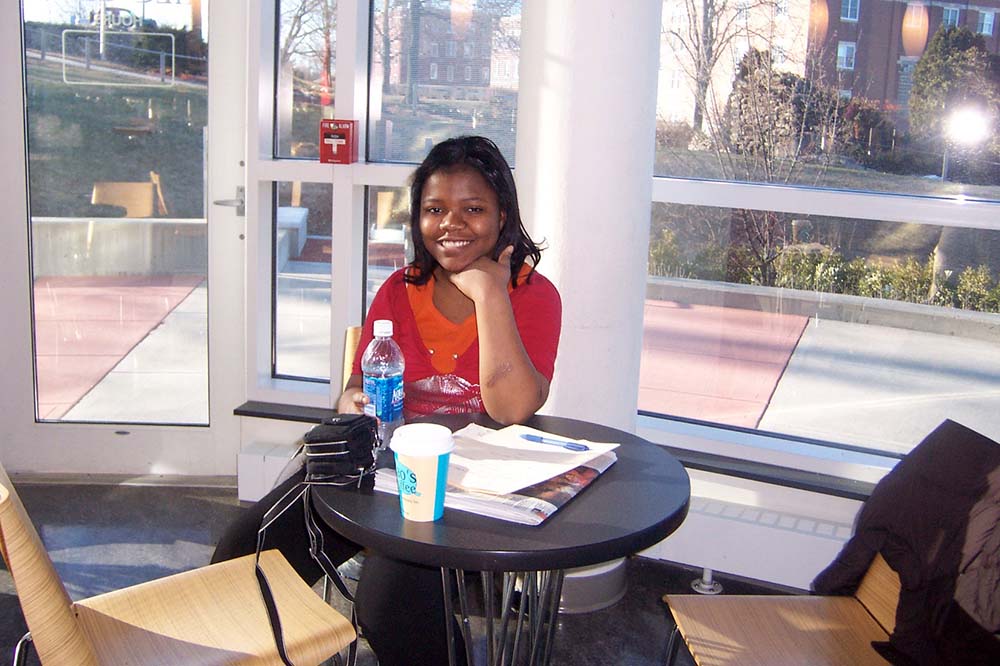
Inclusive Postsecondary Education
Inclusive Postsecondary Education (IPSE) offers individuals with intellectual and developmental disabilities, including autism, access to college without traditional limitations. Students may audit or take credit/non-credit courses, receive person-centered advising, and participate in campus life without needing to be degree-seeking or matriculated
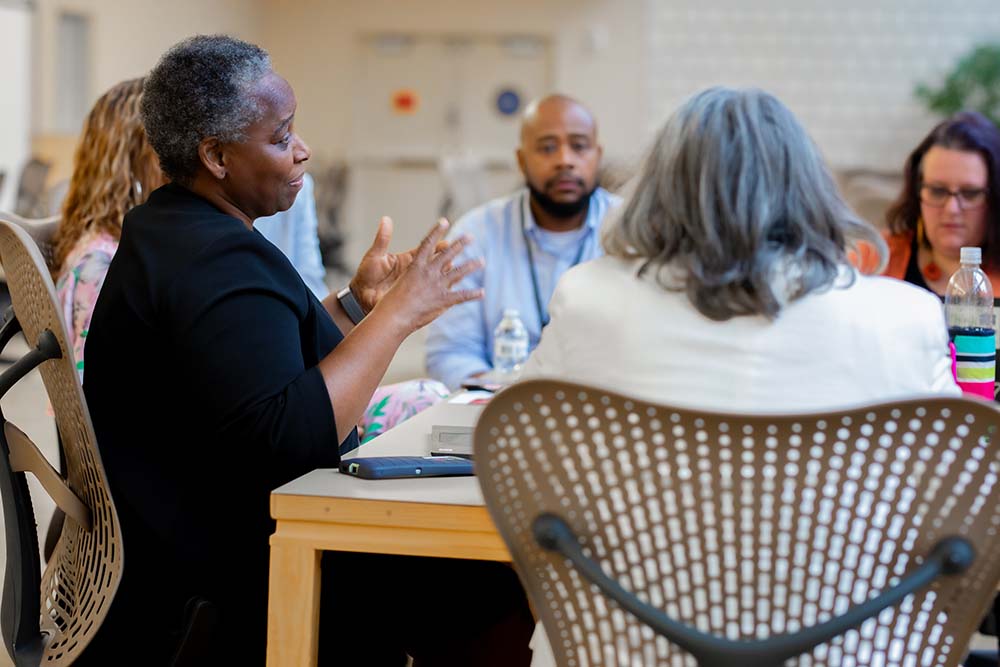
Interagency Collaboration
Interagency collaboration involves purposeful planning and communication among partners who are committed to supporting students with disabilities as they move seamlessly into post-school life. Collaborating with other agencies ensures that students experience continuity of services without interruption or gaps during their journey to adulthood.
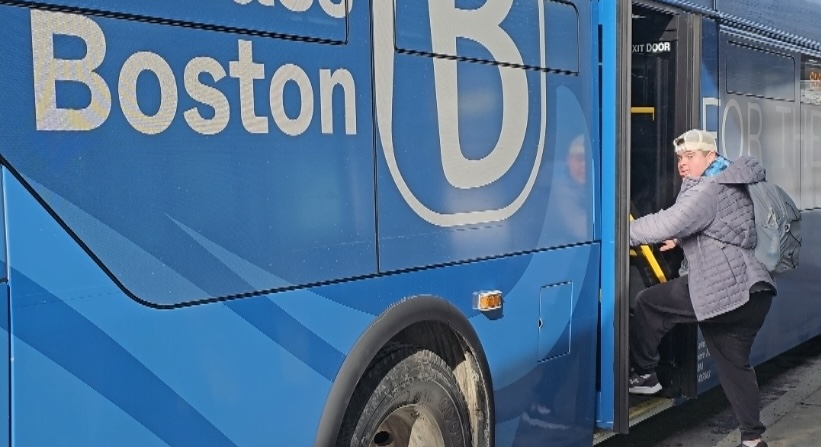
Secondary Transition Services
Secondary transition services, guided by the Individuals with Disabilities Education Act (IDEA) of 2004, encompass education, employment, and independent living supports that are part of the education plans of students with disabilities. Transition services allow students to identify and prepare for achieving their post-school goals.
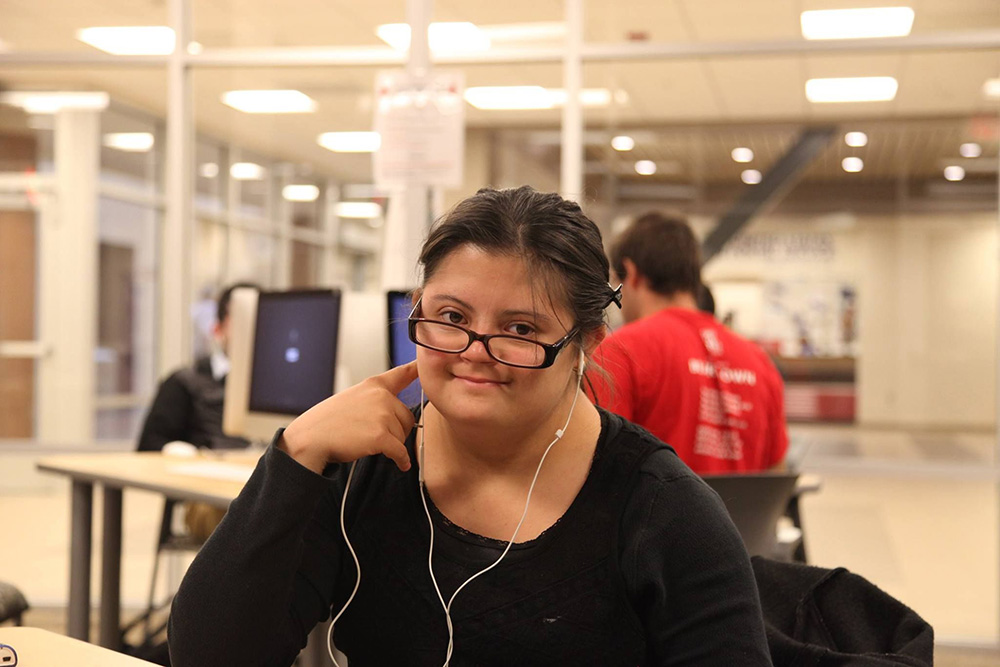
Student/Family Engagement
It is important to engage students and families in services that help youth prepare for adult life. This engagement emphasizes student-directed services, responsive interactions and planning, and student and family-centered coordination. All of these efforts are rooted in a foundation of student self-determination.
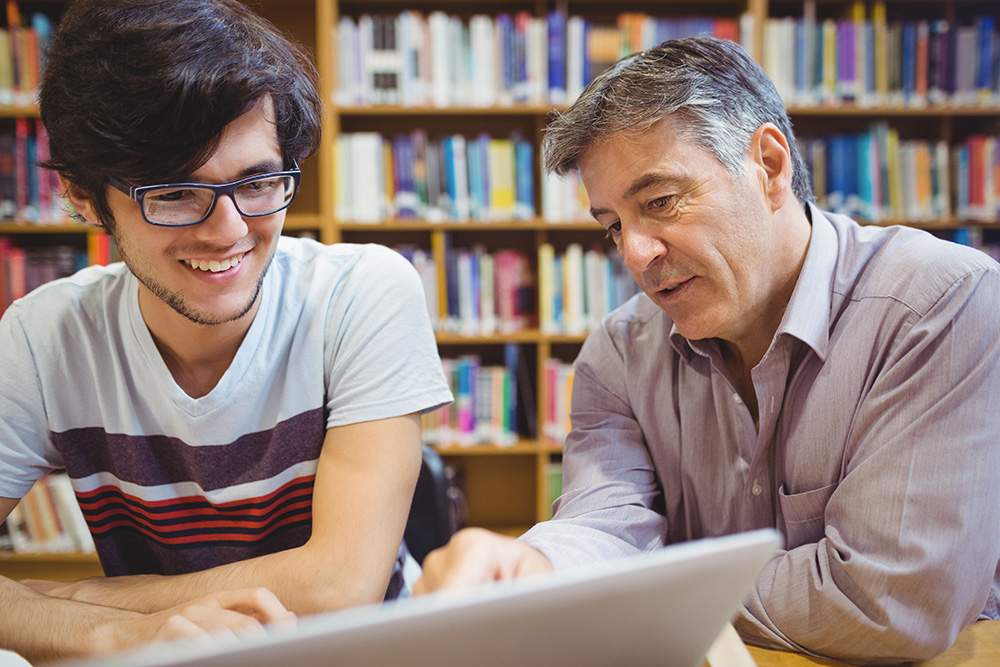
Transition Specialist Training Program
The Transition Leadership program (TLP) is an 18-credit graduate certificate program offered through UMass Boston. It is a fully online program that trains scholars to develop the skills necessary to focus on employment, college preparation, and independent living for students with disabilities, ages 14–22. Students in the TLP also develop the leadership skills needed to help influence state and national policy around transition and disability.
